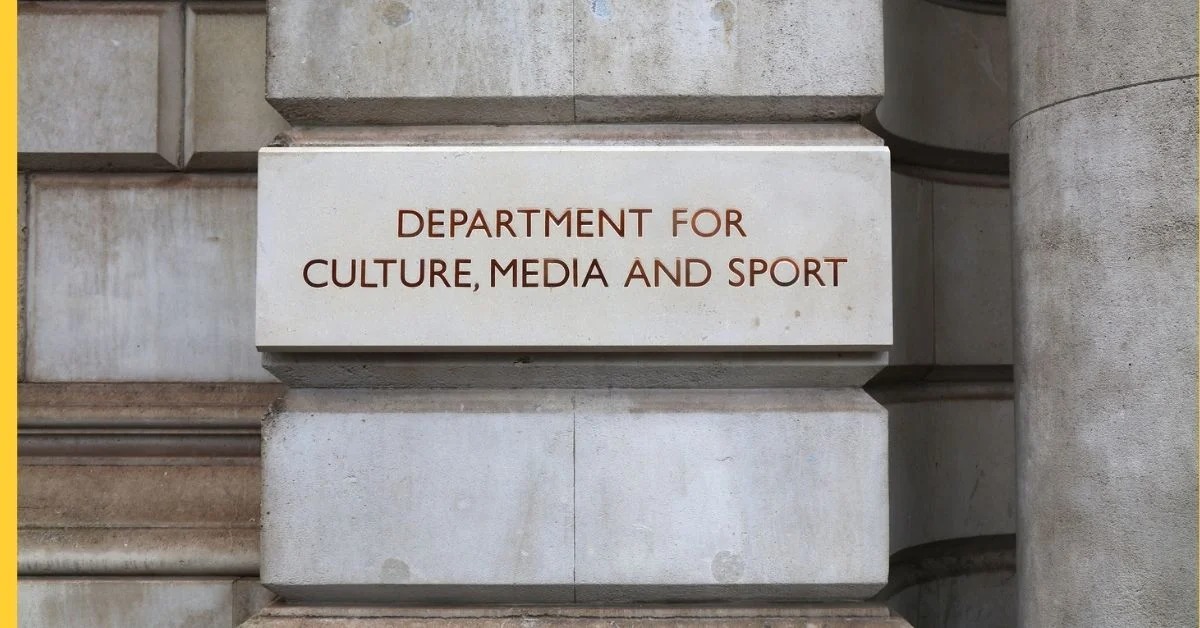
The report, produced by London Economics, concludes that formal gambling regulation could be the most effective and comprehensive way to reduce harm, increase transparency, and protect charitable donations in the fast-growing but lightly regulated sector.
The report said: “Changes to gambling regulation offer a more comprehensive solution to address a wider range of issues in the market.
However, it cautioned: “This approach is also most likely to lead to unintended consequences that may impact consumer choice and the viability of some operators.
“Furthermore, it would also be the most time consuming of the three intervention options considered, in the sense that it would likely require changes to primary legislation.”
Currently, PDCs are not covered by the Gambling Act 2005 because they offer a free postal entry or a skill-based question, exempting them from gambling definitions.
As a result, operators are not licensed by the Gambling Commission and are instead overseen through general consumer protection rules and Advertising Standards Authority (ASA) codes.
However, the report identified serious risks. It found that players of PDCs were more likely to experience gambling harm than both the general population and average gamblers.
According to the Problem Gambling Severity Index, 12% of PDC players gamble with negative consequences, compared to 3% of the general public and 5% of gamblers overall.
Instant win games, offered by 40% of operators, were flagged as especially risky, with the report warning: “These products can be more addictive to consumers and pose heightened risks of gambling harm as highlighted by GambleAware.”
Transparency and player protection standards were also found to be lacking. Only 7% of operator websites displayed links to gambling support services, and just 17% offered self-exclusion mechanisms.
Age verification typically relied on self-certification, and only a minority of sites clearly explained the free entry route.
The report suggested that under Gambling Commission regulation, PDC operators could be required to implement a minimum age, participate in self-exclusion schemes, and introduce caps on spending and promotional offers.
They might also face limits on prize sizes and ticket sales, and be required to donate a minimum share of proceeds to charity.
However, it acknowledged that imposing full regulation could reduce competition and drive smaller operators out of the market.
As a result, the report recommended a phased approach, starting with a voluntary code of conduct and greater enforcement of existing rules.
The report outlined: “The most proportionate response may be to begin with a light touch approach… with the option to amend gambling regulation if such a code proves problematic to develop or take up and adherence to the code is inadequate.”